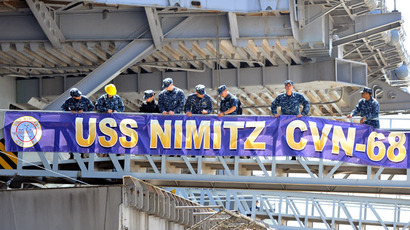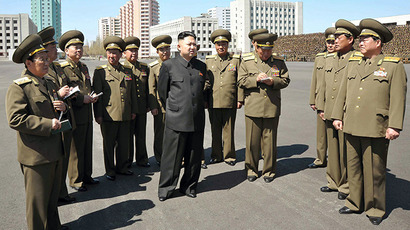‘US opposes formal North-South peace treaty’ - Pyongyang
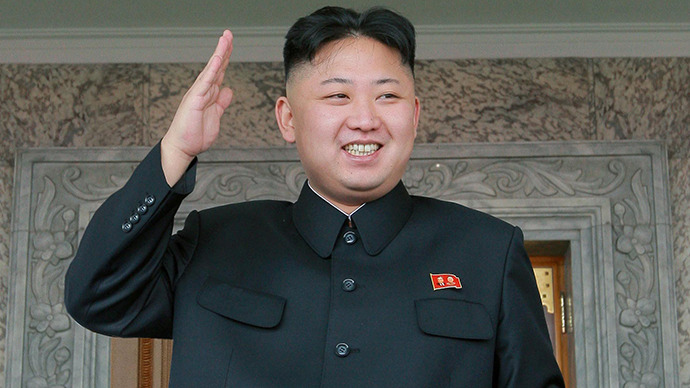
North Korea, which has been unpredictable in its rhetorical outbursts of late, expressed its desire for an official peace treaty with South Korea. The two nations have been officially at war since the start of the Korean War in 1950.
Pyongyang on Wednesday called for substituting an armistice signed at the end of the Korean War in 1953 with a formal peace treaty to improve stability on the Korean Peninsula, according to Yonhap, the South Korean news agency.
In an article carried by the Rodong Sinmun, the official newspaper of the Workers' Party of Korea, it was argued that efforts to preserve the armistice that brought the three-year conflict to a close in July 1953 can only be viewed as an attempt to rekindle another war.
"There is a pressing need to replace the Armistice Agreement, which is a relic of the war, with a permanent peace regime," the paper said.
Had a formal peace been signed between the North and South following the war, the current impasse over the question of nuclear weapons on the Korean Peninsula would not have become an issue in the first place, the paper added.
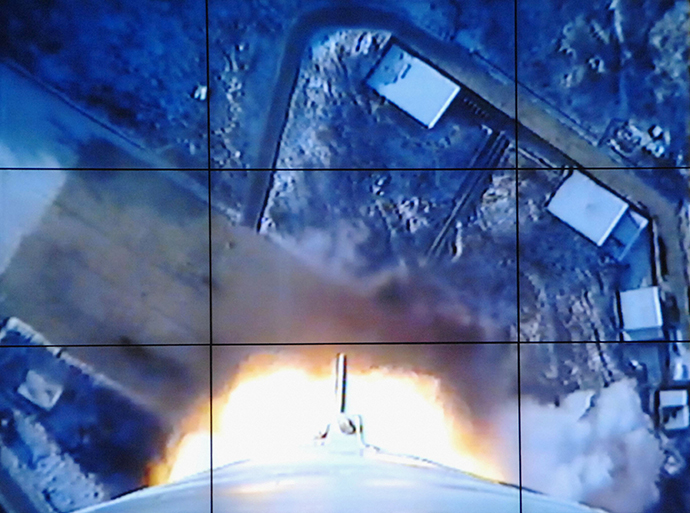
It is “unnatural” for a cease-fire pact to be maintained for 60 years and if a disastrous situation were to develop on the Korean Peninsula, the blame for such a development will rest solely on the shoulders of the U.S. that resisted all moves to sign a peace treaty, it continued.
The Korean War (1950-1953) saw the US military, under the aegis of the UN, field over 300,000 troops alongside South Korean forces in a battle against Chinese-supported forces in the North. The conflict left the Korean Peninsula physically and politically divided along the 38th parallel, known as the Korean Demilitarized Zone, a 250 kilometer (160 mile) long, 4 km (2.5 mi) wide buffer that has been described as the most heavily militarized border in the world.
Today, some 28,500 US military personnel are stationed inside South Korea, and this intensive military cooperation between the two countries remains a perennial source of concern for Pyongyang.
Every year, the US and South Korea conduct military exercises (dubbed Key Resolve and Foal Eagle) that invariably attract heated accusations from Pyongyang that the maneuvers are preparatory steps for war.
Furthermore, the military games between South Korea and the US are not only seen as a provocation, but a direct violation of the 1953 armistice agreement, Pyongyang argues. The recluse Communist nation says it was obliged, therefore, to unilaterally nullify the cease-fire pact in direct response to these “threats.”
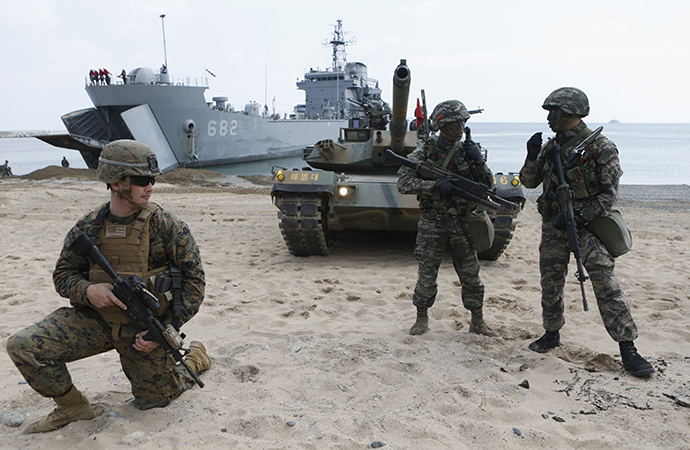
On February 12, 2013, North Korea delivered more than heated rhetoric when it announced it had conducted an underground nuclear test, the third such detonation in seven years.
The UN Security Council responded endorsed a fourth round of sanctions against Pyongyang, while the United States cut it off the Foreign Trade Bank of Korea from the American financial system.
North Korea amplified its heated rhetoric, vowing to launch a preemptive first-strike nuclear attack against the United States that would engulf Washington in a "sea of fire."
Despite these very serious and disturbing threats, the seemingly unpredictable behavior coming out of Pyongyang seems to follow the iron-bound trajectory of an amusement park roller coaster, which, after one has rode it enough times, the wicked turns and bends no longer carry the same level of white-knuckle fear they originally did.
Meanwhile, the recluse communist country is showing tepid signs of opening up.
Before and after the North conducted its underground tests, it hosted two high-profile US individuals. Eric Schmidt, the executive chairman of Google, met politicians and toured computer research centers in Pyongyang during a surprise four-day trip in January. One month later, just after North Korean the nuclear test, ex-NBA star Dennis Rodman, and three members of the Harlem Globetrotters, paid a visit to the communist country.
So with powerful gestures on the one hand, and warm hospitality for US personalities on the other, one gets the sense that North Korea, while very concerned about the situation on the peninsula, is firing warning desperate warning shots, while not completely confident about its situation.
Robert Bridge, RT













